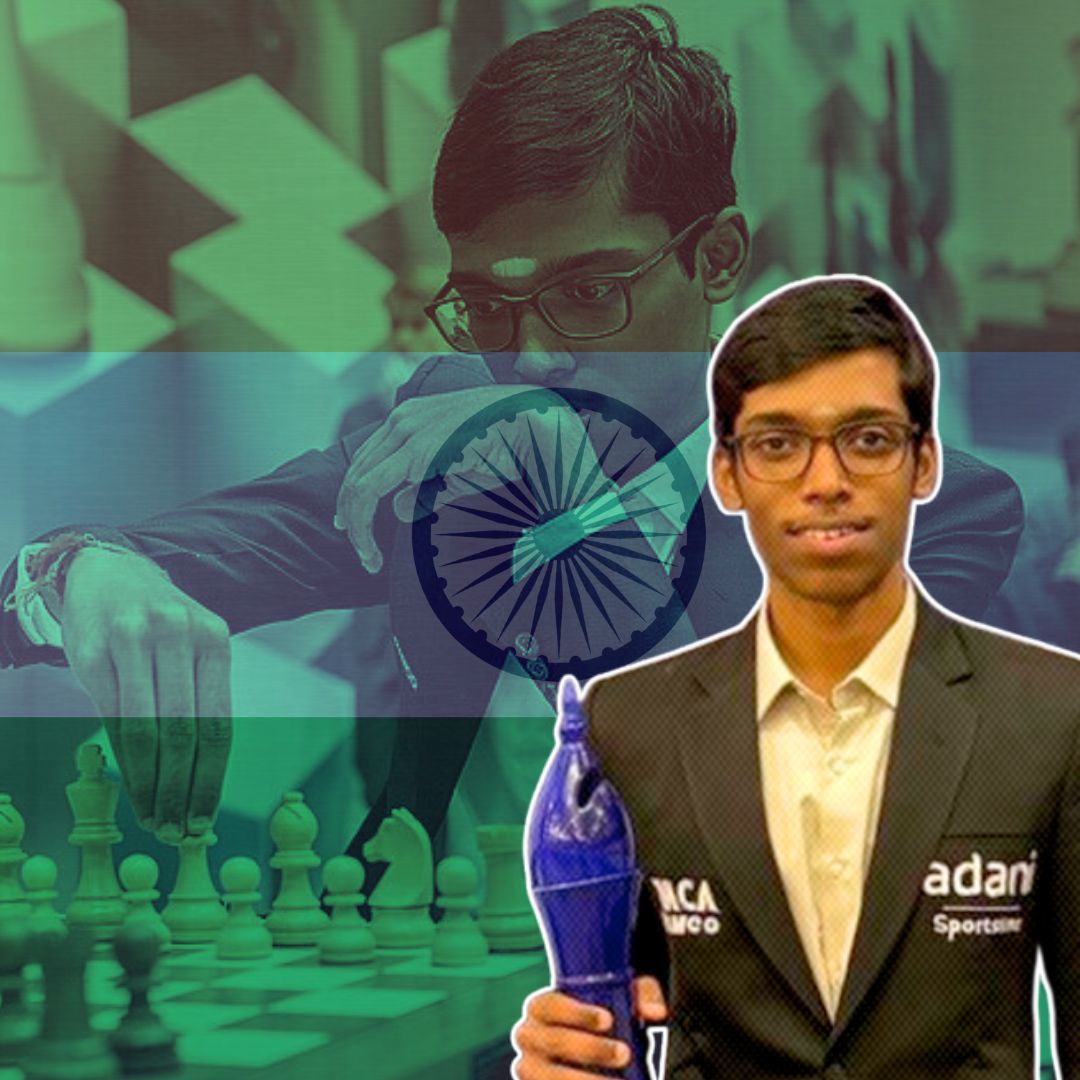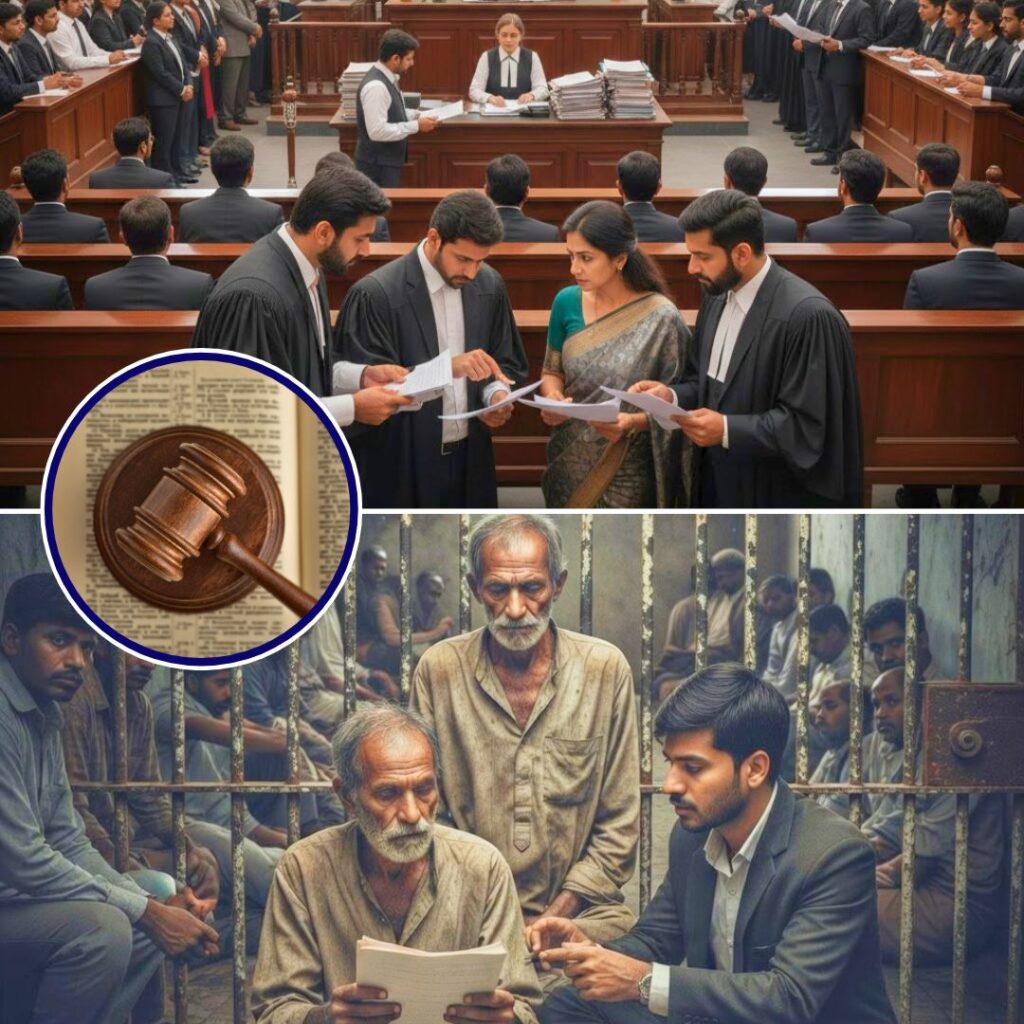Rameshbabu Praggnanandhaa, 19, etched his name in chess history by winning the UzChess Cup Masters 2025 in Tashkent, Uzbekistan, on 27 June.
After a dramatic final classical round win against home favourite Nodirbek Abdusattorov, Praggnanandhaa clinched the title in a tense three-way blitz tiebreaker, also involving Javokhir Sindarov.
This victory propelled him to a live FIDE rating of 2778.3, making him India’s top-ranked player and World No. 4 surpassing reigning world champion D Gukesh. The achievement has been widely celebrated by chess officials, business leaders, and fans, marking a new era for Indian chess.
A Tournament Marked by Drama, Comebacks, and High Stakes
The UzChess Cup Masters 2025 featured a formidable line-up of 10 world-class grandmasters, including Ian Nepomniachtchi, Richard Rapport, Arjun Erigaisi, and several Uzbek stars. Praggnanandhaa’s journey was anything but smooth: after a strong start, he suffered back-to-back defeats in the middle rounds, which threatened his chances.
However, he displayed remarkable resilience, bouncing back with a crucial win over Arjun Erigaisi and entering the final round trailing Abdusattorov by a full point. With everything on the line, Praggnanandhaa played fearlessly with the black pieces, outmanoeuvring Abdusattorov in a 49-move thriller.
This forced a three-way tie at the top, and in the subsequent blitz tiebreaks, Praggnanandhaa’s nerves held strong as he edged out his rivals to secure the championship.
“It was a rollercoaster. I just wanted to fight for every point and stay focused,” Praggnanandhaa said in a post-tournament interview. The victory earned him $20,000 and extended his lead in the FIDE Circuit standings.
A Generational Shift and National Pride
Praggnanandhaa’s triumph is being hailed as a defining moment for Indian chess. By overtaking D Gukesh in live ratings, he has become the first Indian since Viswanathan Anand to reach the world’s top four. This win adds to an already stellar year, which includes victories at the Tata Steel Masters and the Superbet Chess Classic Romania.
His coach, RB Ramesh, highlighted the significance of this achievement: “Pragg’s ability to recover from setbacks and play fearlessly under pressure is what sets him apart. It’s a proud day for Indian chess.”
The event’s competitiveness was underlined by the fact that no player finished undefeated, and the final standings were only decided in the blitz tiebreaks.
The chess community and business leaders, including Gautam Adani, have praised Praggnanandhaa’s performance, with Adani tweeting, “India’s youth is our greatest strength. Congratulations, Praggnanandhaa, on this historic win!”
A Catalyst for the Next Generation
Praggnanandhaa’s success is already inspiring a new wave of chess enthusiasts across India. His journey from a young boy in Chennai to the world’s elite demonstrates the importance of access to quality coaching, family support, and a robust competitive ecosystem.
His sister, Woman Grandmaster R Vaishali, and his parents have been pillars of support throughout his career. The All India Chess Federation (AICF) has also played a vital role in nurturing young talents through scholarships, training camps, and international exposure.
Chess experts believe that Praggnanandhaa’s achievement will motivate many more youngsters to take up the sport seriously and dream big. As Indian chess continues to rise, the focus now shifts to upcoming global tournaments, with Praggnanandhaa and his peers poised to challenge for even greater honours.
The Logical Indian’s Perspective
Praggnanandhaa’s historic win at the UzChess Cup Masters is a testament to the power of perseverance, courage, and community support. His journey underscores the importance of nurturing talent from a young age and providing opportunities for growth, regardless of background. At The Logical Indian, we believe that stories like Praggnanandhaa’s can ignite hope and ambition in millions, showing that world-class excellence is within reach for every Indian child.
As we celebrate this milestone, let’s reflect on how we can build a more inclusive sporting culture one that values mental well-being, encourages risk-taking, and supports our youth through every challenge. What steps can communities, schools, and policymakers take to ensure that India continues to produce champions like Praggnanandhaa?













